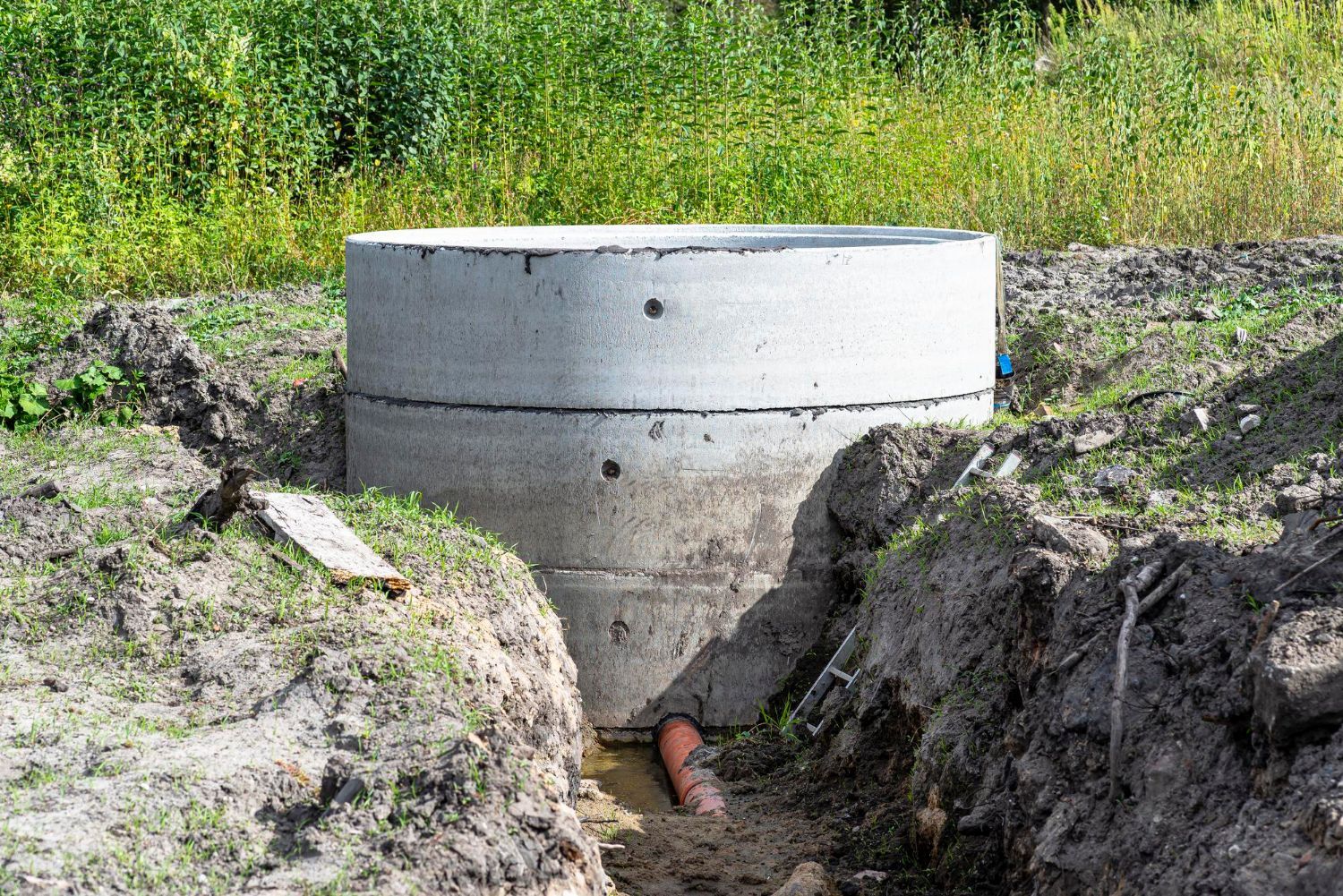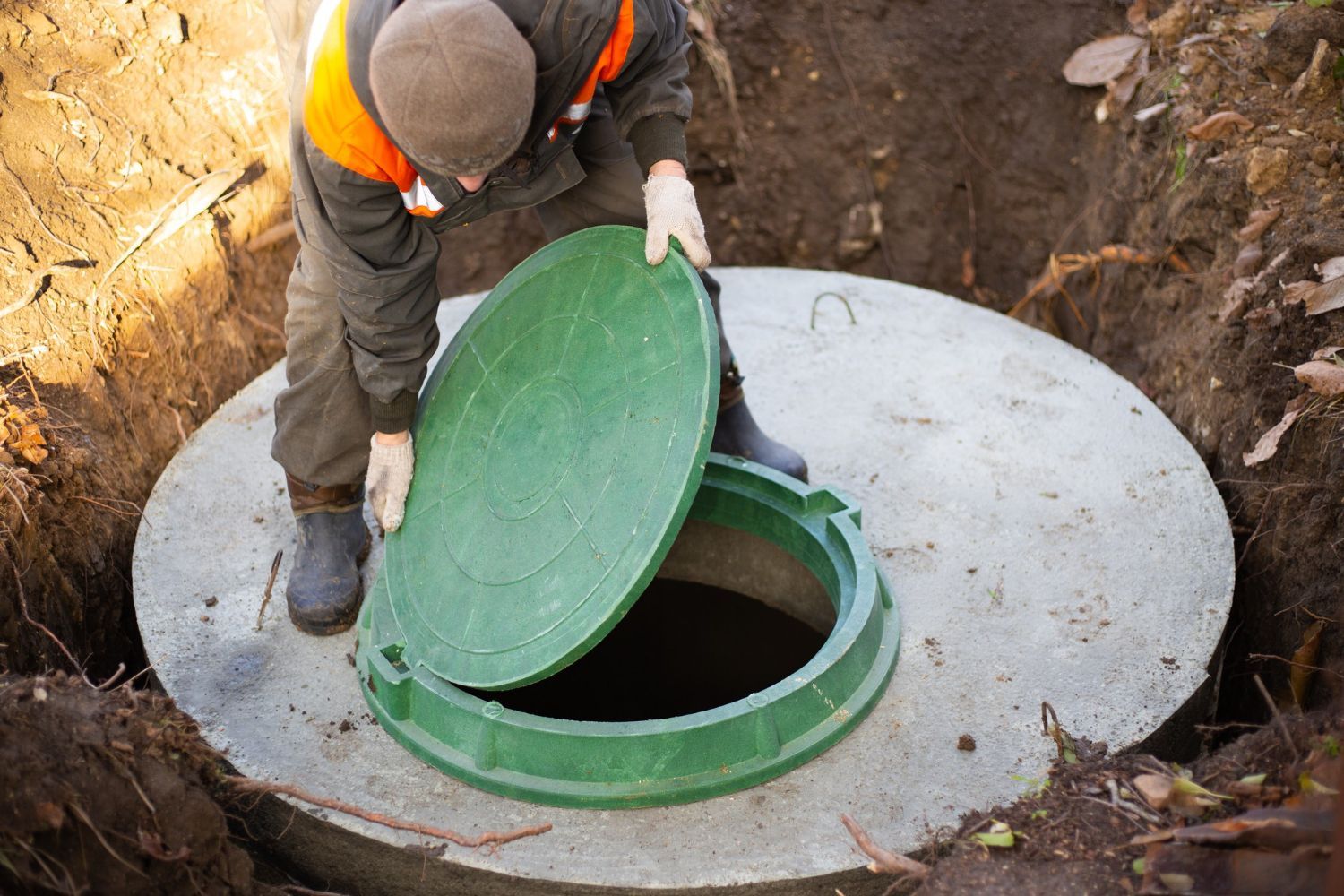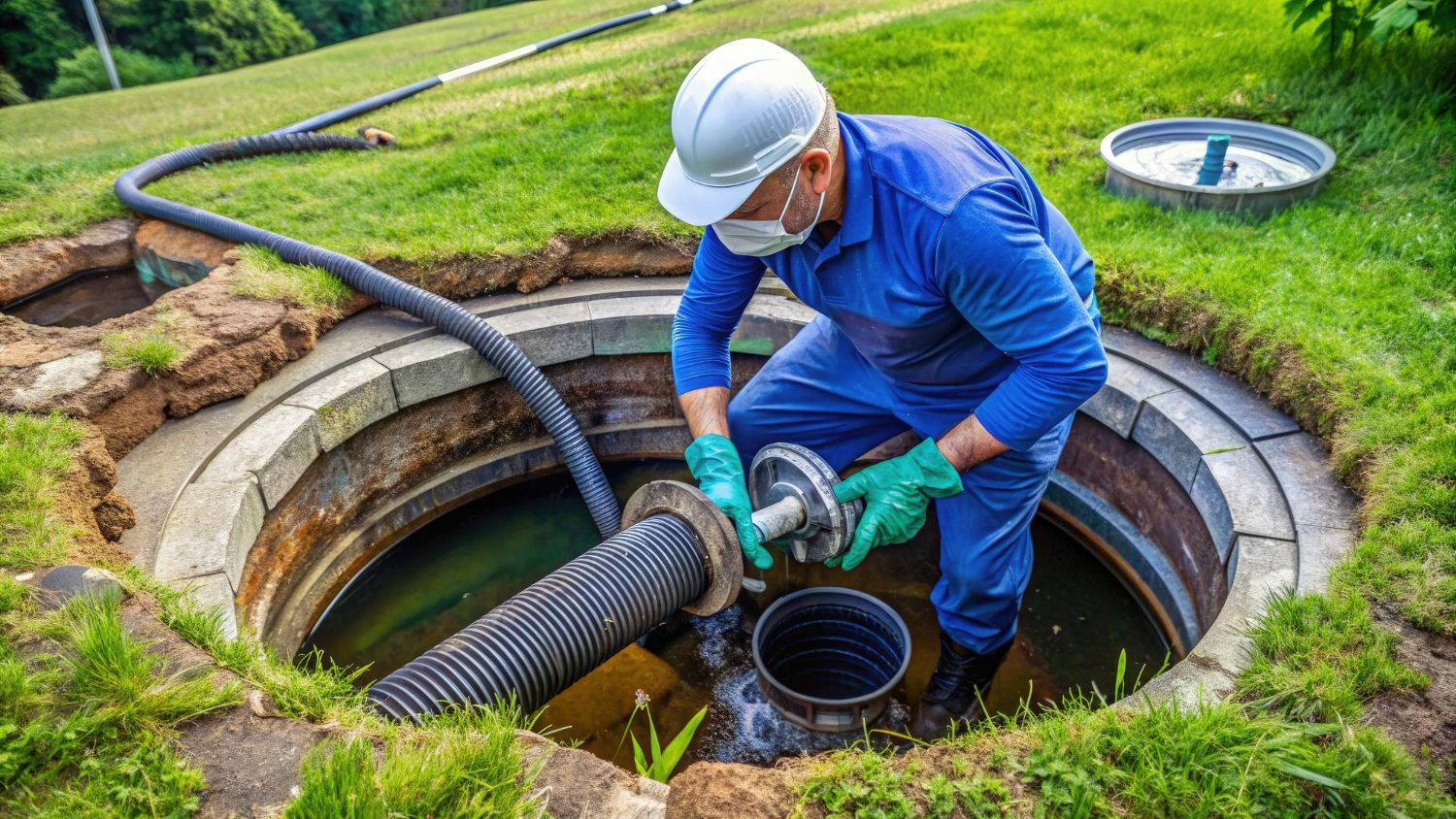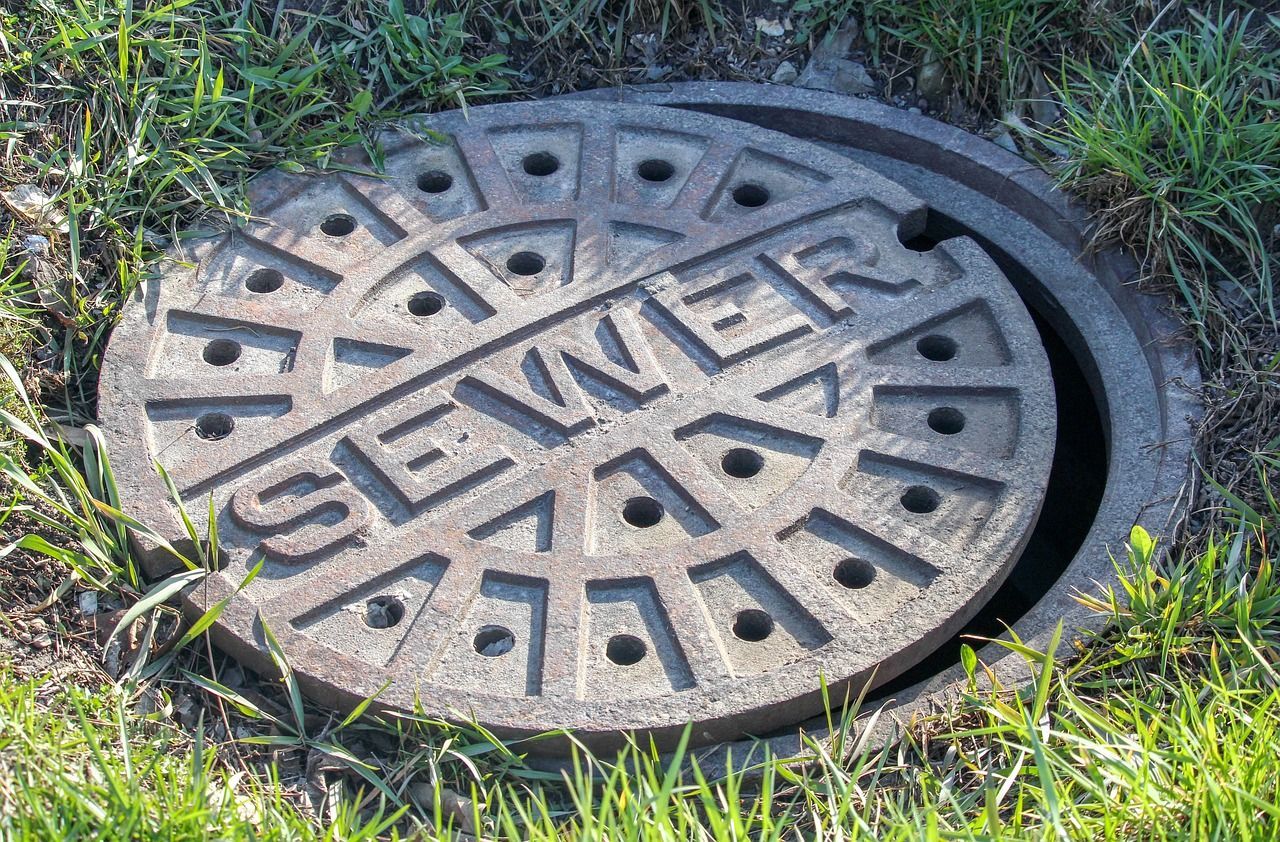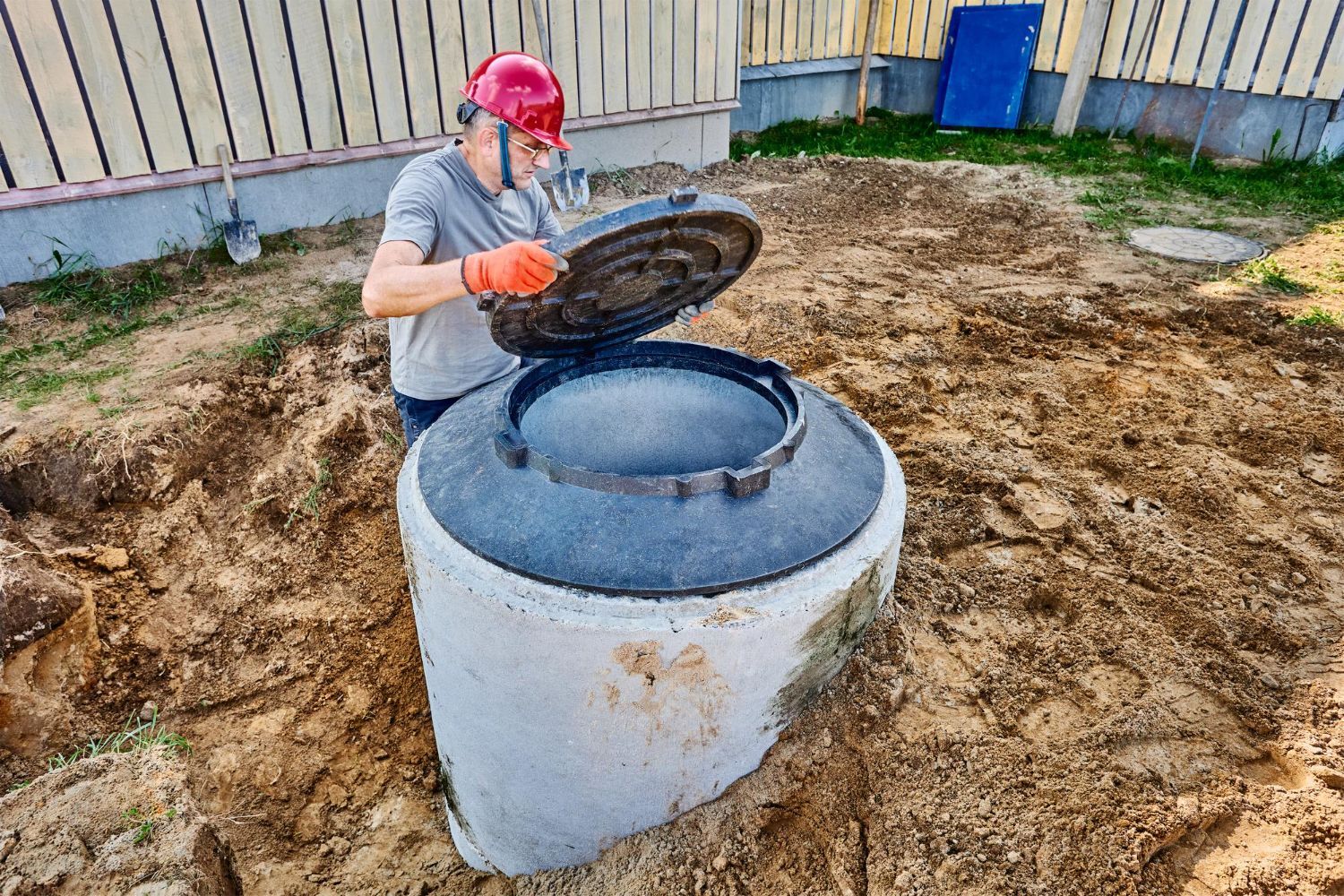How to Prepare Your Property for Residential Excavation
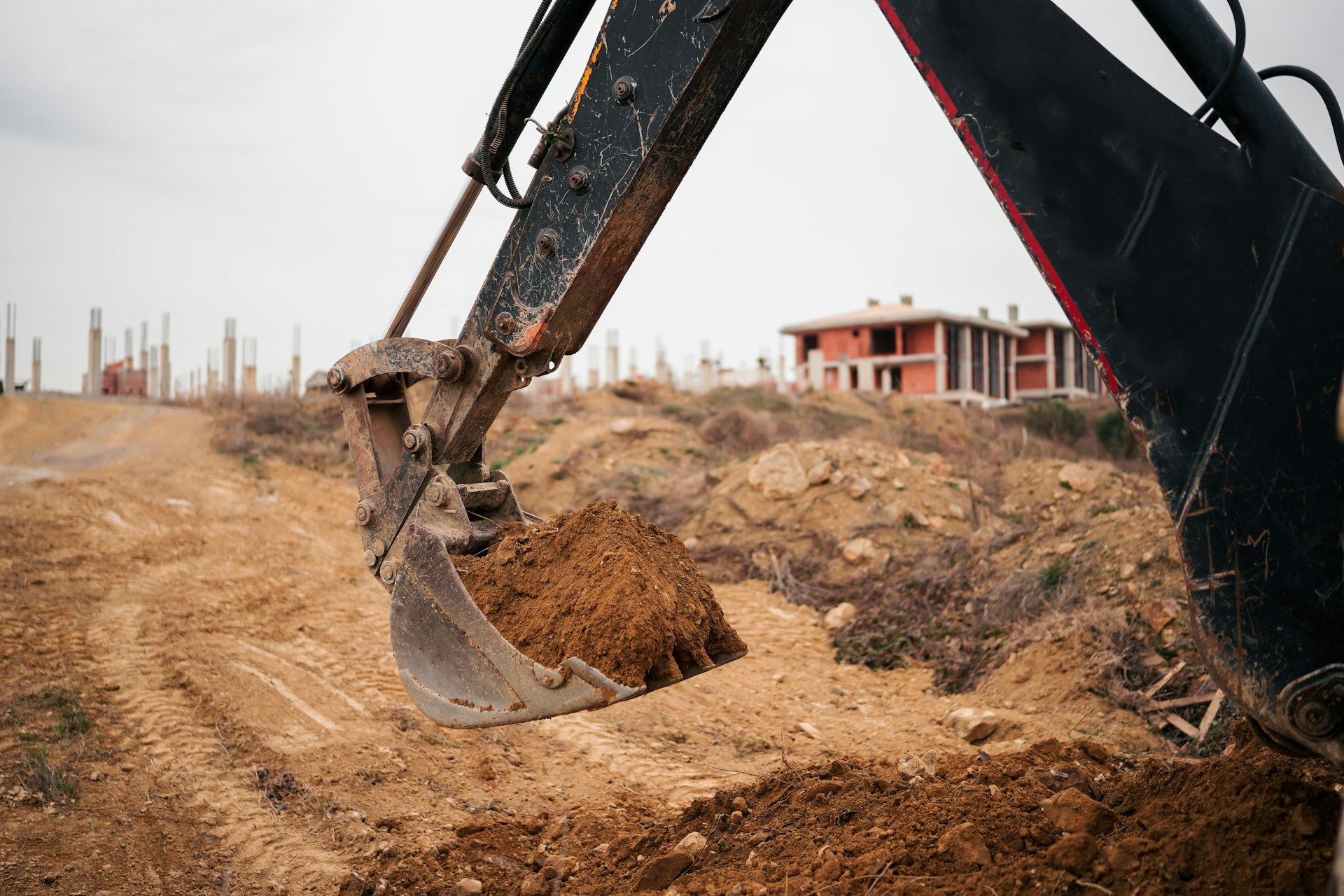
Preparing your property for residential excavation is a crucial step in any construction or landscaping project. Whether you're planning to install a new pool, build an addition, or create a beautiful garden, proper preparation ensures the project runs smoothly and safely. By taking the time to plan and prepare, you can avoid common pitfalls and unexpected delays.
The first step in preparing for excavation is to thoroughly assess your property. This involves understanding the layout, identifying potential obstacles, and determining the best approach for the project. Knowing the specifics of your land can help you plan an efficient excavation process and avoid potential issues down the line.
Additionally, securing the necessary permits and approvals is essential for staying compliant with local regulations. Each municipality has its own set of rules and requirements, so it's important to be well-informed before starting your project. By following the proper procedures, you can ensure a hassle-free and lawful excavation experience.
Taking these initial steps seriously will set the stage for a successful excavation. Proper planning minimizes risks and maximizes efficiency, making your project much more manageable and less stressful. Let’s look into each preparation step in more detail.
Assessing Your Property and Planning the Excavation
Before breaking ground, it's essential to conduct a thorough assessment of your property. Start by surveying the area where the excavation will take place. Look for any obstacles that might interfere with the process, such as large trees, rocks, or existing structures. Knowing the layout and potential challenges allows you to plan a more effective excavation strategy.
Next, determine the specific areas where work will be done and outline the exact dimensions of the excavation site. This will help in planning the resources and equipment needed for the job. Additionally, take note of any underground utilities like water, gas, or electrical lines. Using official property maps or contacting local utility companies can help you locate these lines to avoid damaging them during excavation. Accurate assessment reduces risks and ensures a smooth excavation process.
Securing Permits and Necessary Approvals
Obtaining the required permits and approvals is a critical step in preparing for residential excavation. Each municipality has specific regulations that must be followed to ensure the project is legal and safe. Begin by visiting your local building department or municipal office to understand the permits you'll need for your project.
You'll likely need to submit detailed plans of your excavation, including the purpose, scope, and location of the work. Some projects may also require environmental impact assessments, particularly if they involve significant ground disturbance. Be prepared to provide any necessary documentation and to wait for approval before starting your excavation. This process helps prevent legal complications and ensures that your project complies with local codes and standards.
Adhering to these regulations not only keeps your project lawful but also contributes to your community's safety and environmental health. Proper permits and approvals are a crucial part of the preparation process, safeguarding your excavation plans from potential legal issues.
Preparing the Site: Steps to Clear and Mark the Area
Once you have assessed your property and secured the necessary permits, the next step is to prepare the site for excavation. Start by clearing the area of any vegetation, debris, and obstacles. This might include removing bushes, cutting down trees, and moving rocks or other large items. Doing this creates a clean slate for the excavation team to work on efficiently.
After clearing the site, it's essential to mark the excavation area accurately. Use stakes, flags, or spray paint to outline the boundaries of the excavation. Ensure that the marked area aligns with your plans and the approved permits. Accurate marking helps the excavation crew understand the exact scope of work and minimizes the risk of mistakes. Additionally, clearly marked boundaries prevent accidental damage to nearby structures or landscapes.
Ensuring Safety Measures and Communication with Neighbors
Safety is a top priority during any excavation project. Before starting, make sure to implement safety measures to protect both workers and anyone nearby. Set up barriers or fencing around the excavation site to prevent unauthorized access. Post clear signage indicating the presence of an active construction area. Equip the site with safety gear such as helmets, gloves, and protective eyewear for all workers.
Effective communication with neighbors is also crucial when preparing for excavation. Inform them about the upcoming work, including the start and end dates, potential noise, and dust levels. Providing this information helps manage expectations and maintain good relations with your community. If the excavation might affect shared utilities, coordinate with your neighbors to minimize disruptions. Good communication can prevent misunderstandings and foster a cooperative environment.
Final Thoughts
Preparing your property for residential excavation involves several important steps, from assessing the site and planning the work to securing permits and ensuring safety. By following these guidelines, you can ensure that your project runs smoothly and efficiently. Clearing and marking the area, combined with effective communication and safety measures, sets the stage for a successful excavation.
If you need professional help with your excavation project, Apollo Sewer & Plumbing is here to assist. Our experienced team provides comprehensive
residential excavation services tailored to your needs. Contact us to schedule an inspection or consultation and ensure your excavation project is handled with expertise and care.

